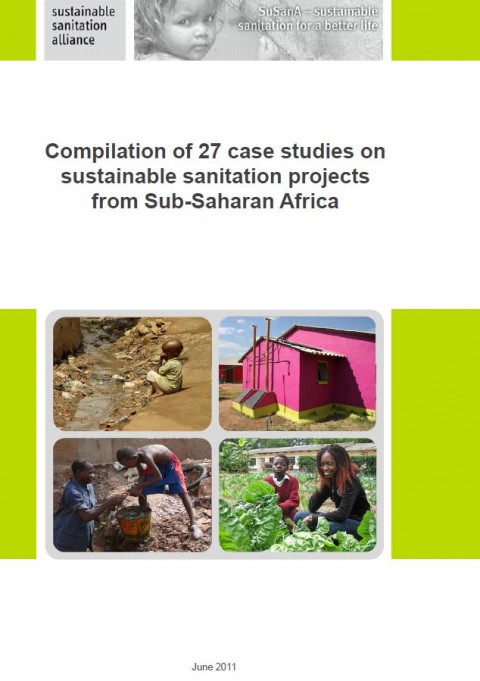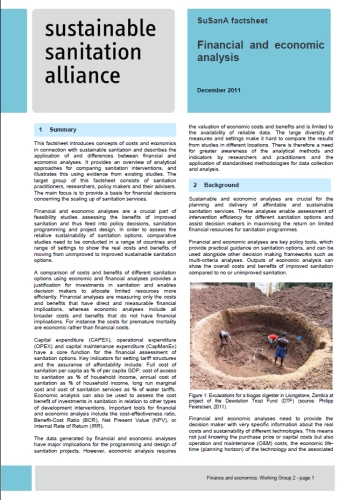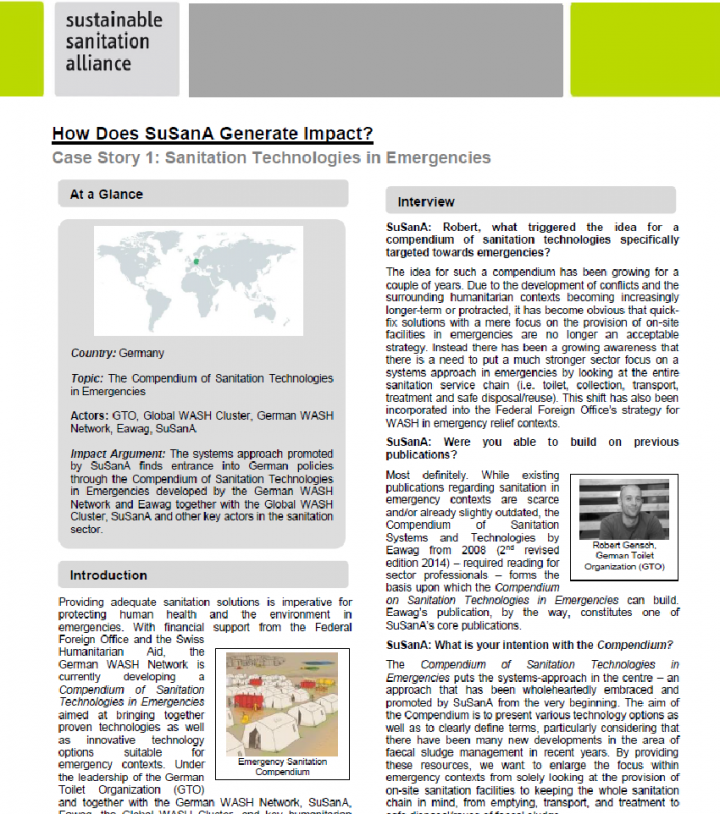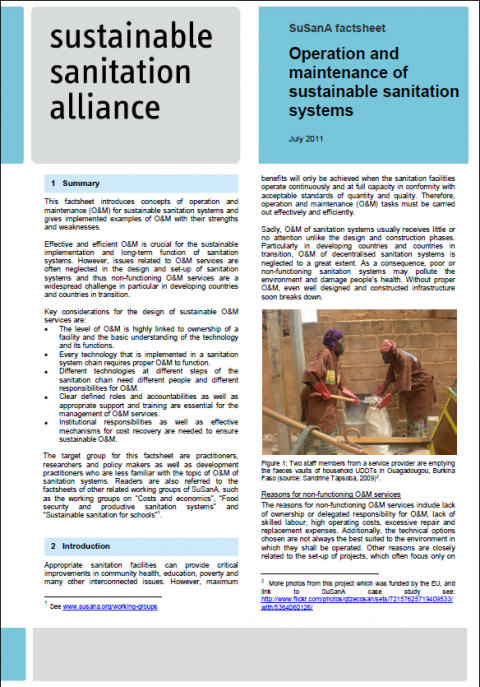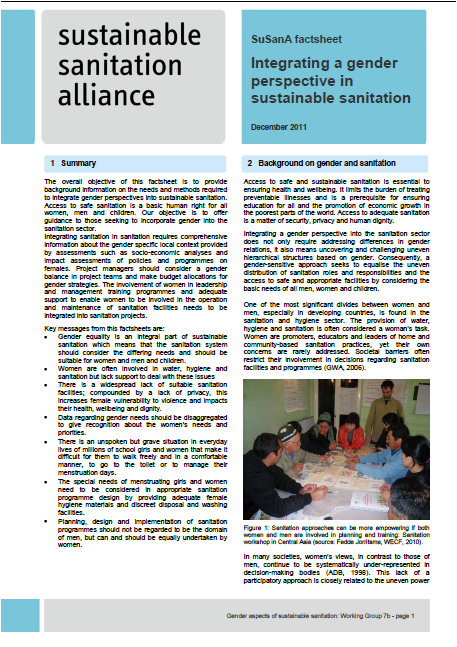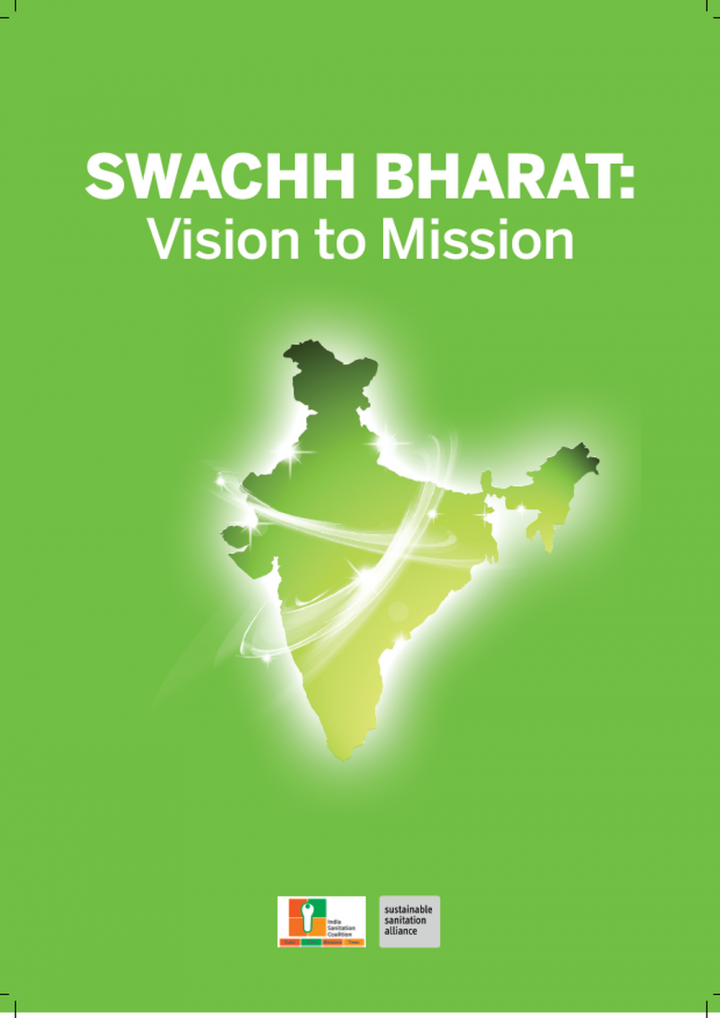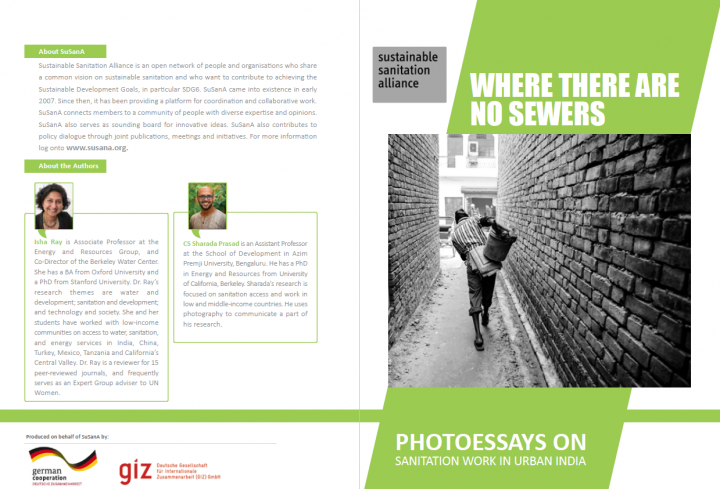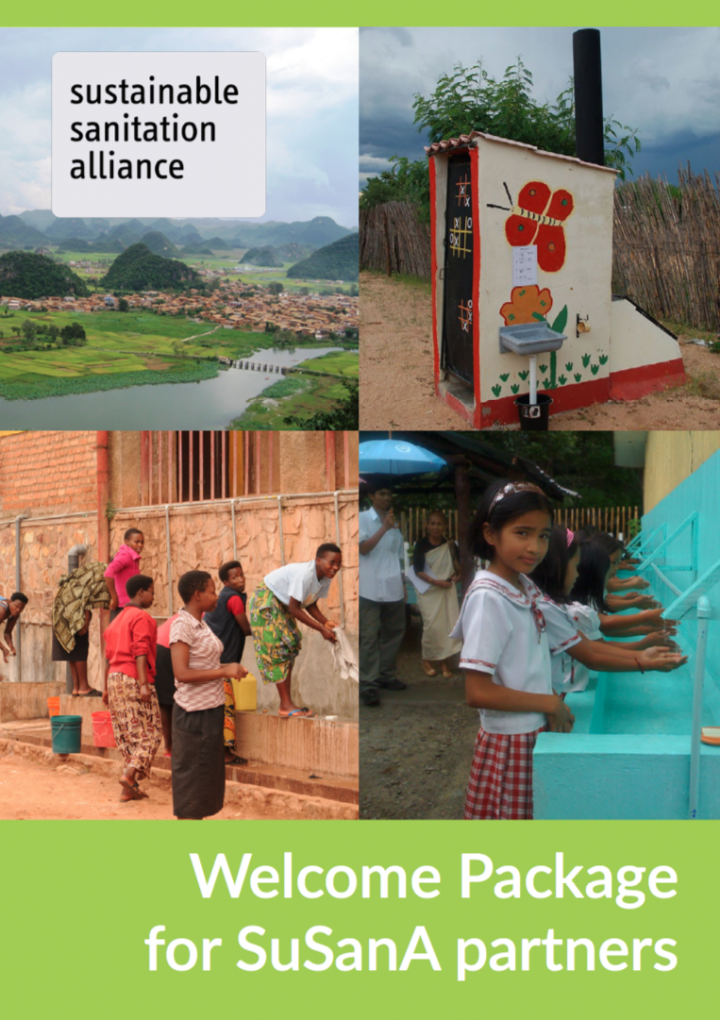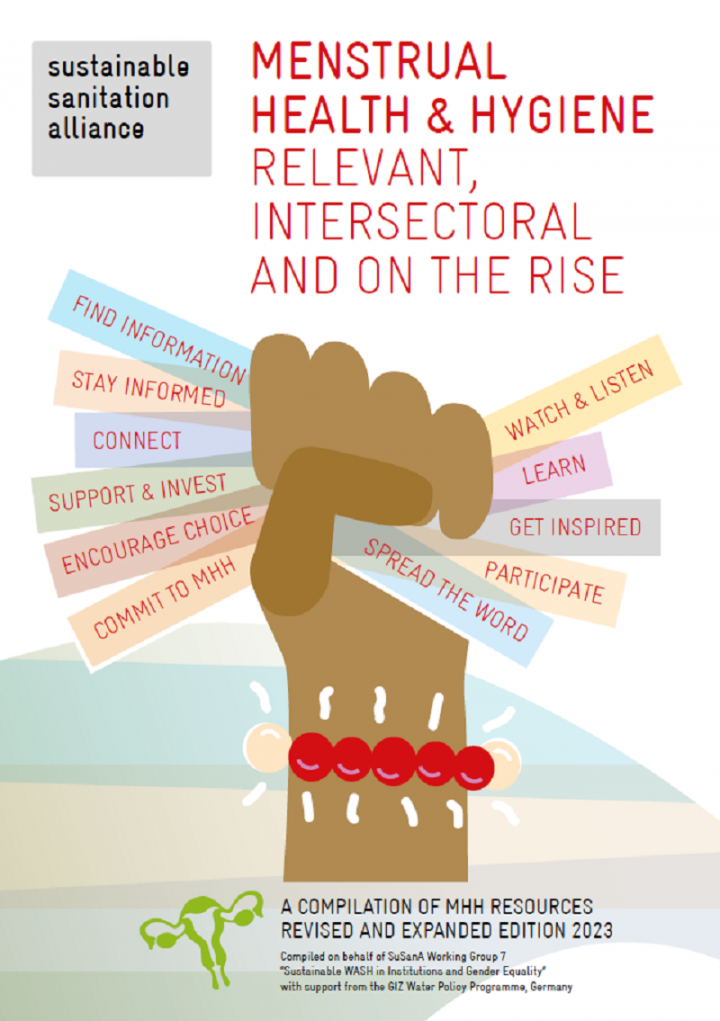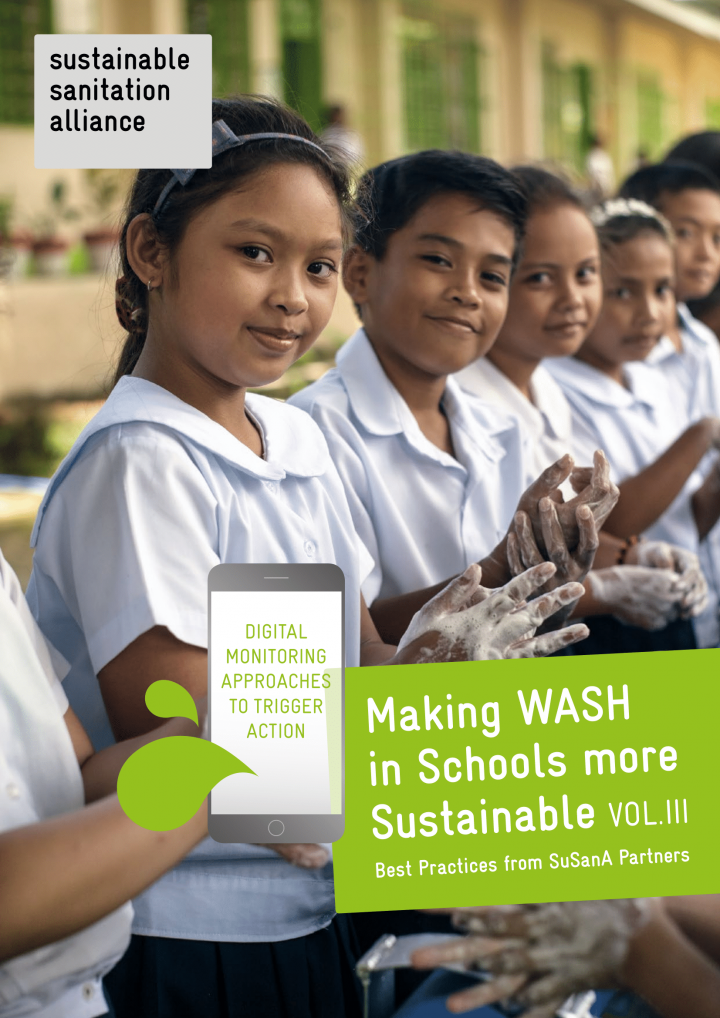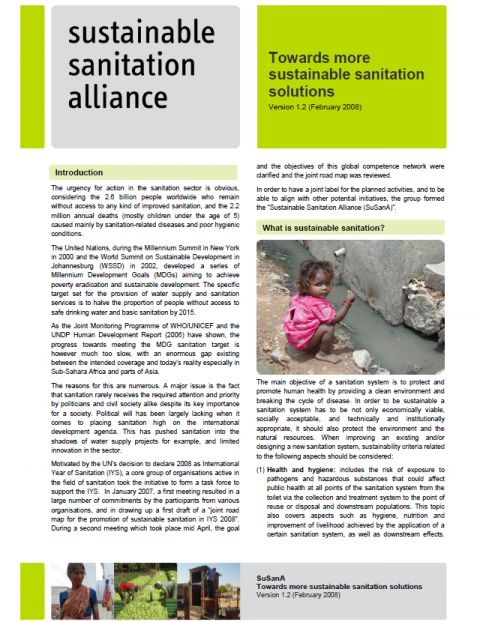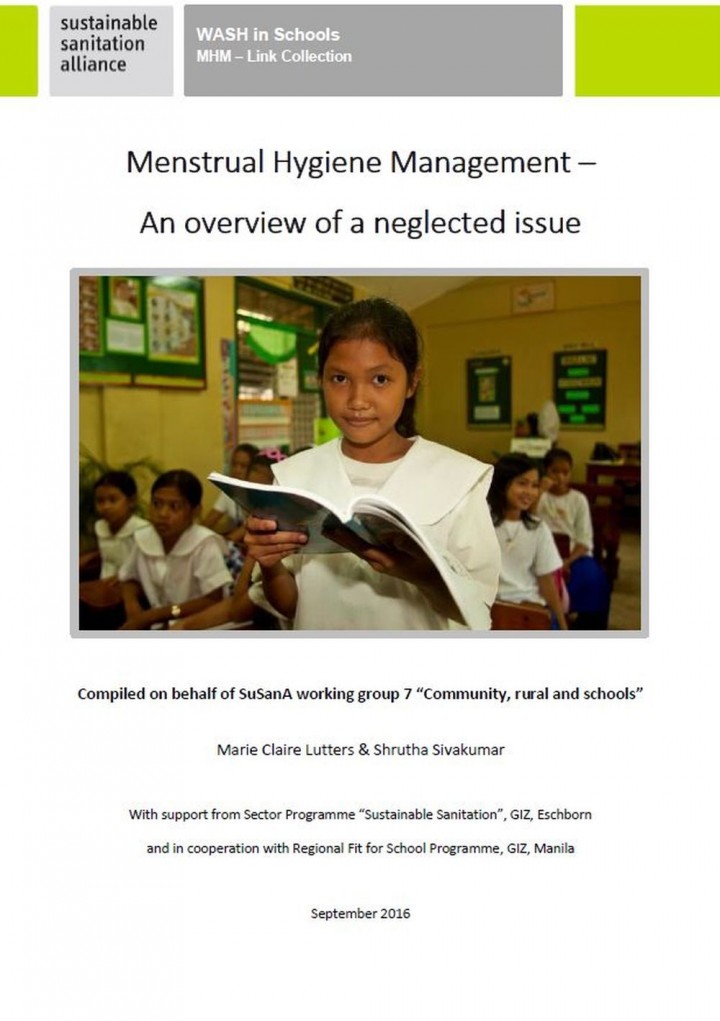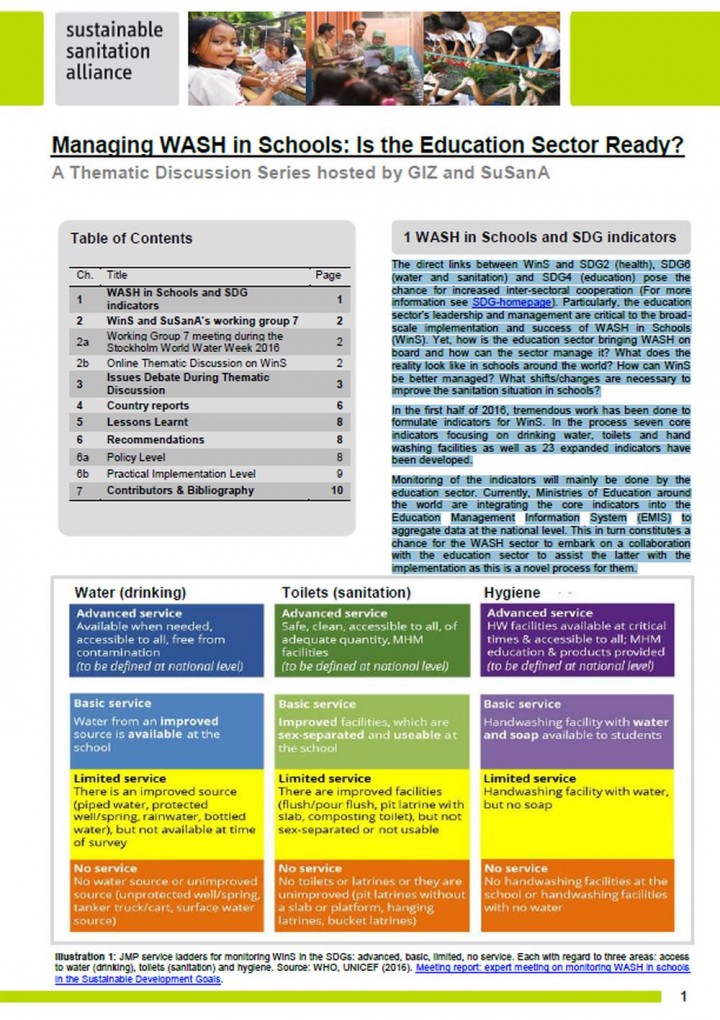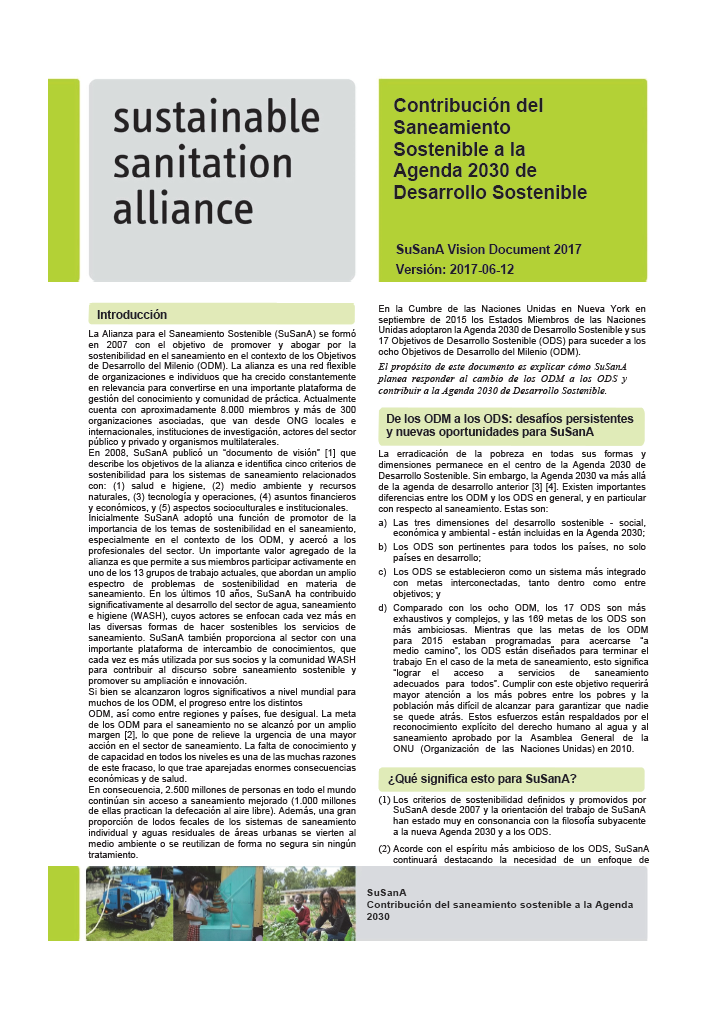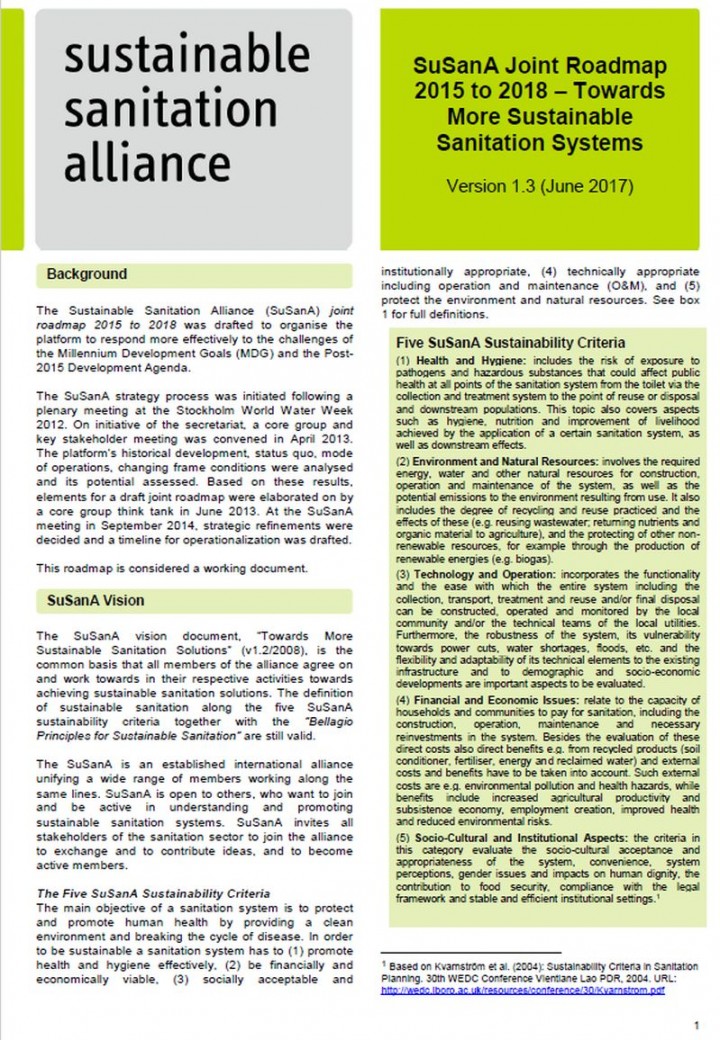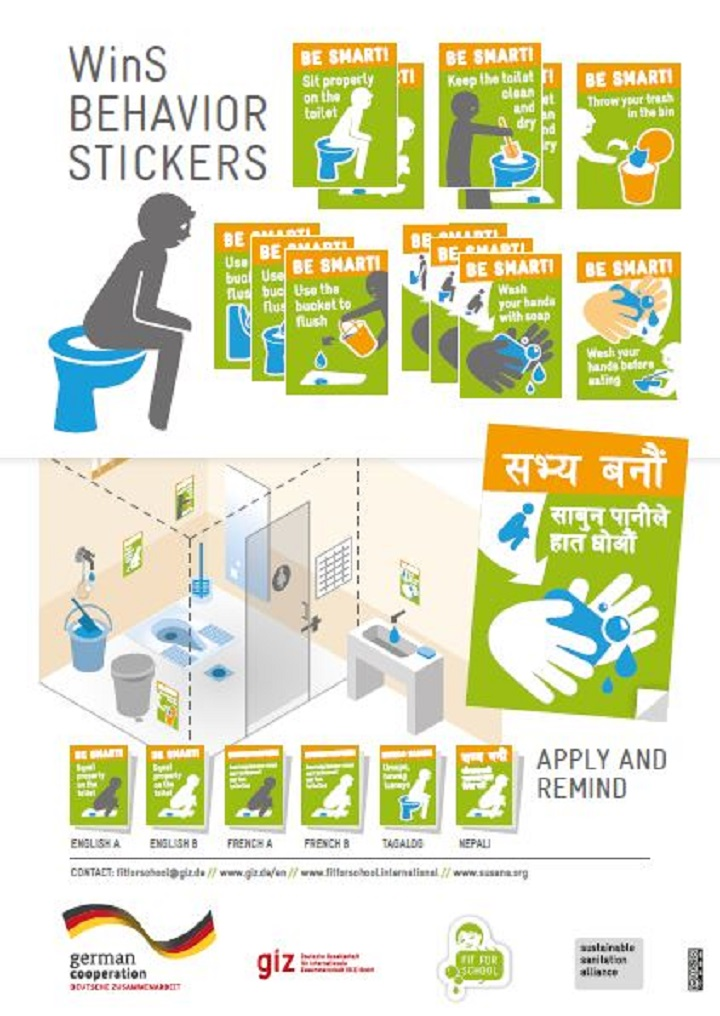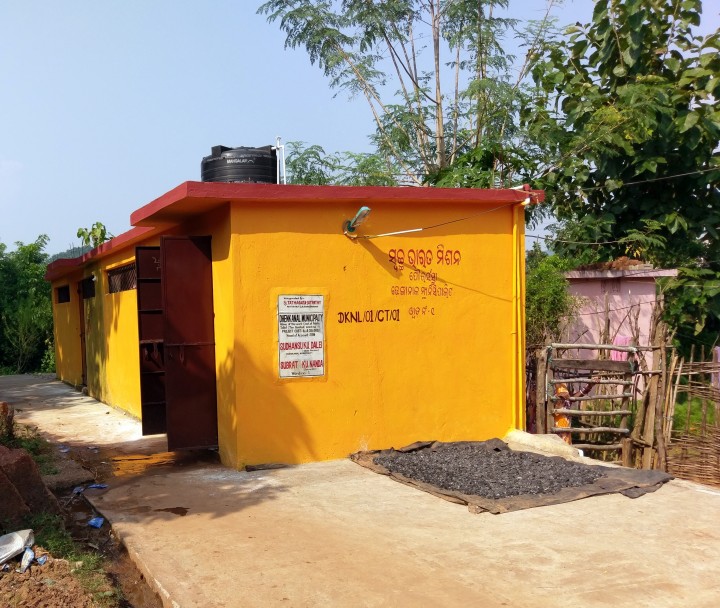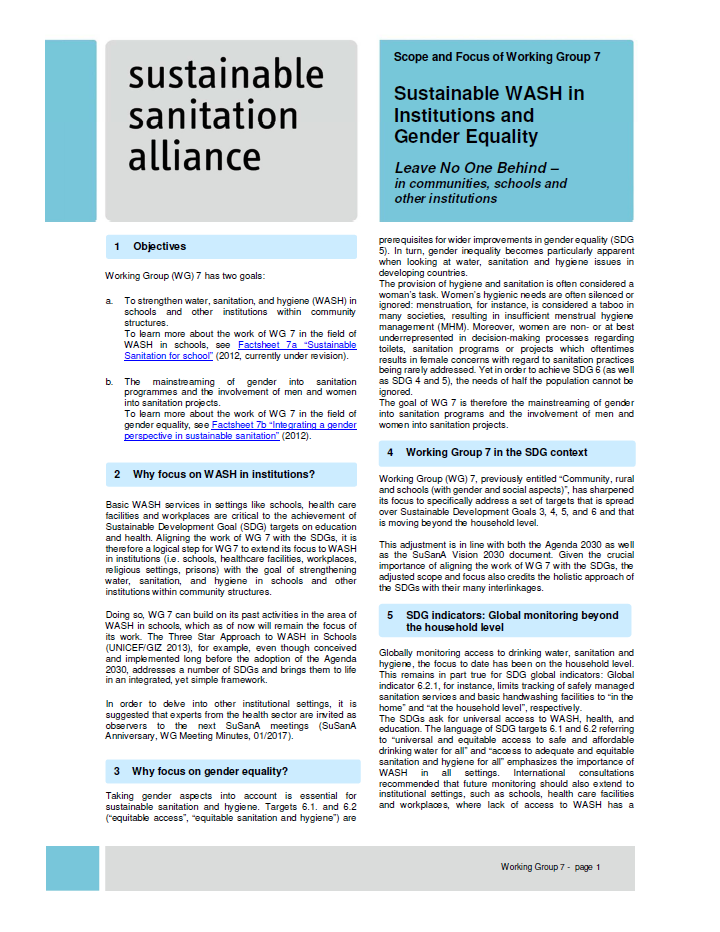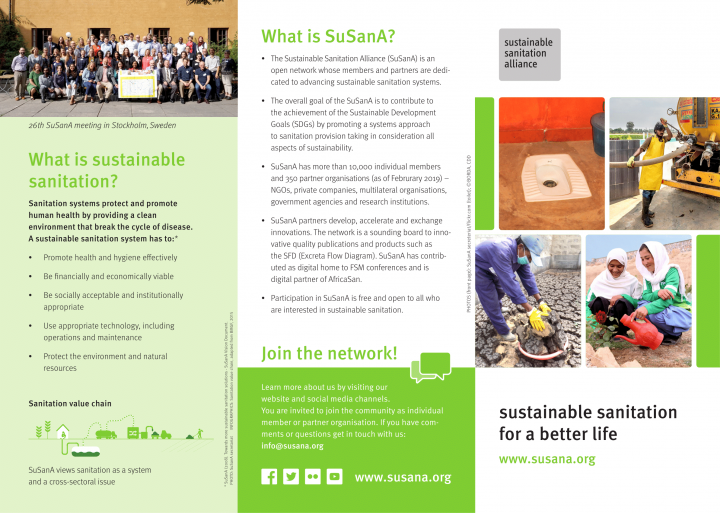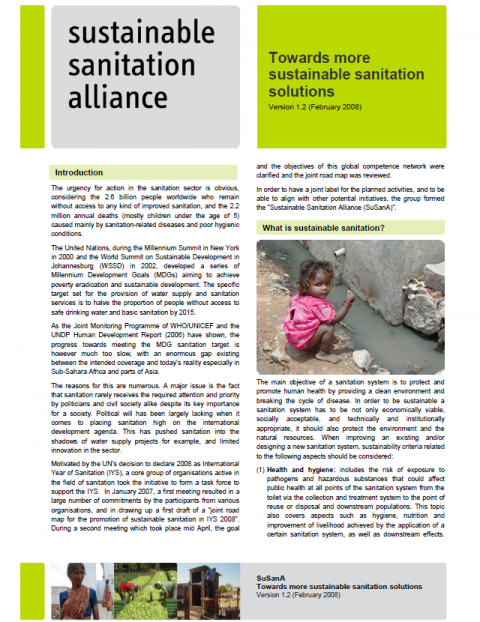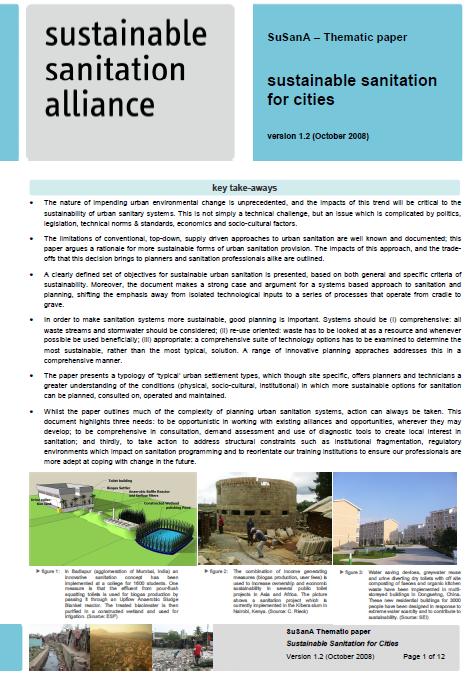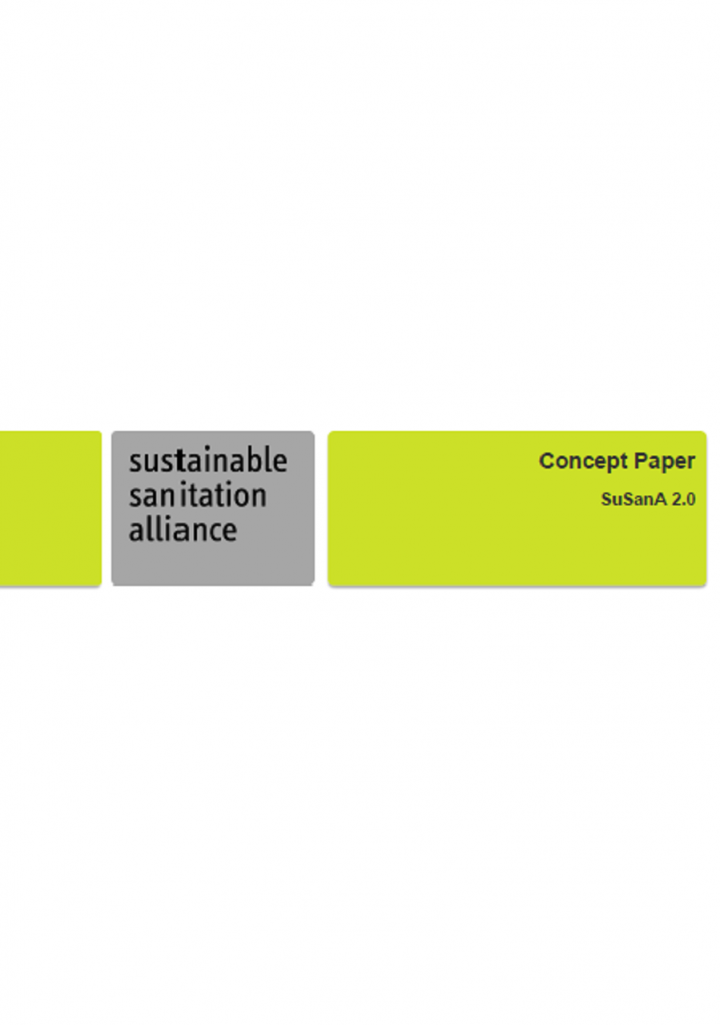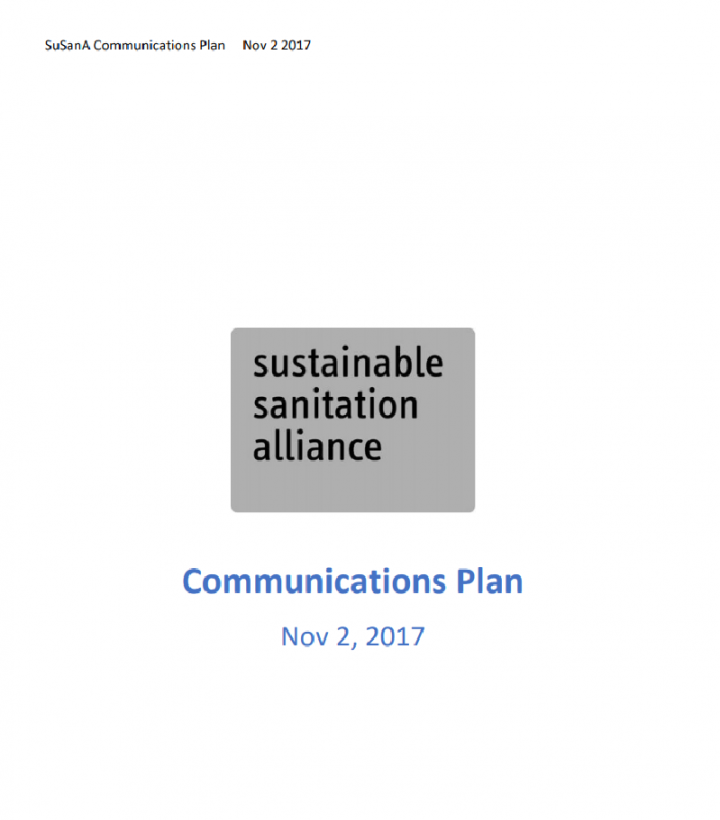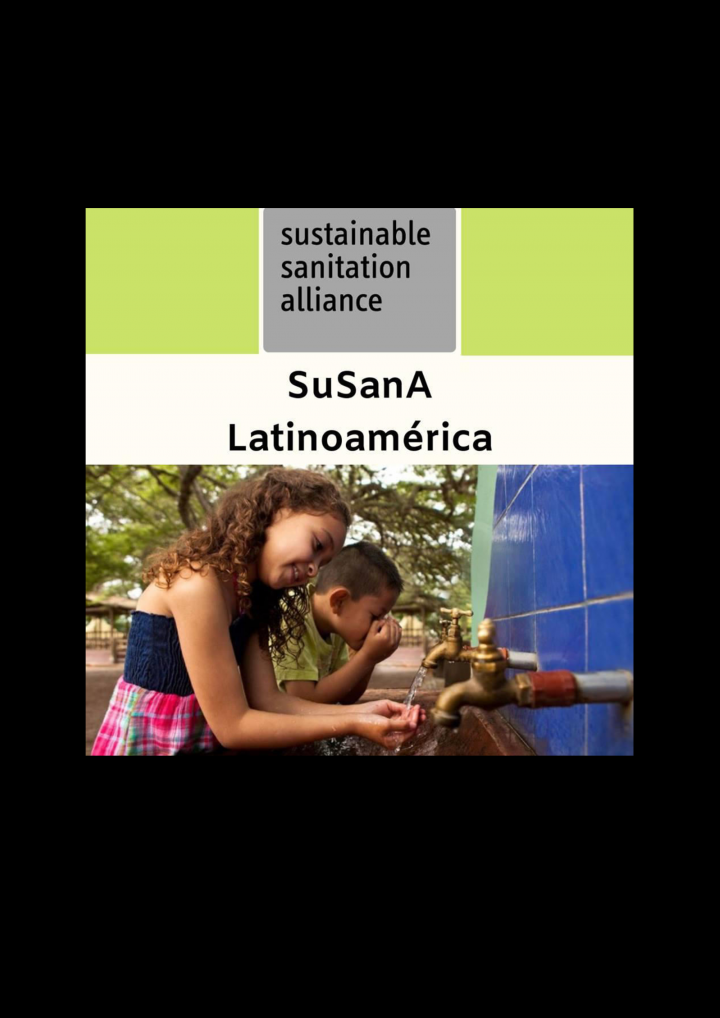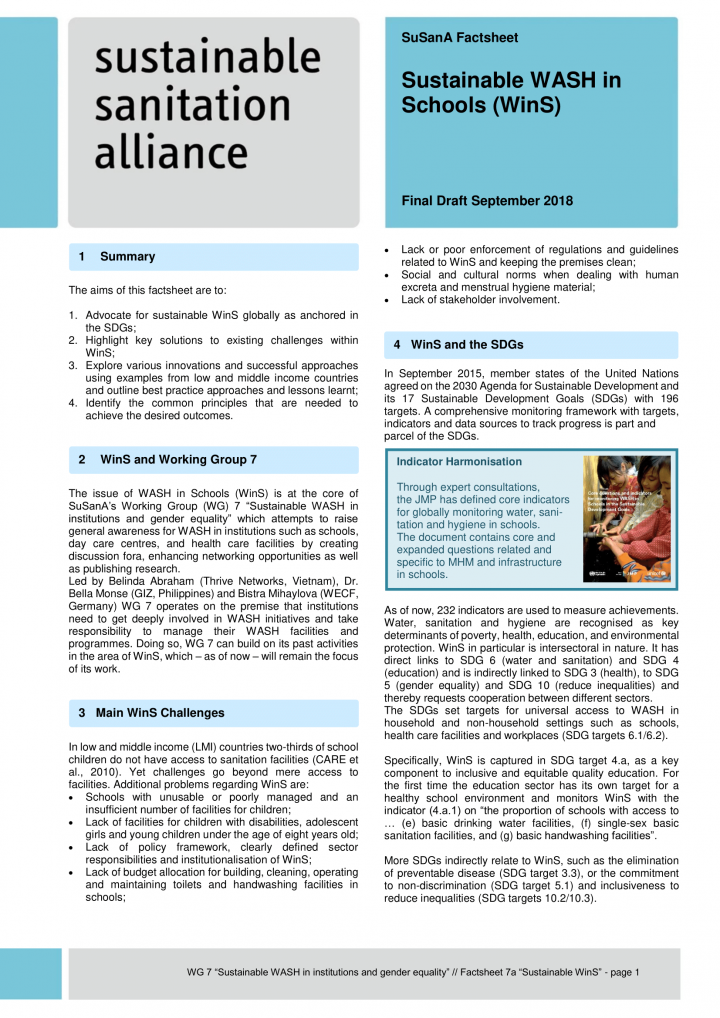Searching for information on Sanitation Workers?
The Sanitation Workers Knowledge + Learning Hub is the best source for all current news, trends, articles and updates on sanitation workers rights around the world.
Selected sanitation projects from different parts of the world were requested to report on how SuSanA had influenced the work carried out. This resulted in a variety of evidence indicating that SuSanA can have a far-reaching effect providing expertise, convenor of meetings, a source of online information, networked contacts, discussion platform and a place to disseminate reports and …
The India Sanitation Coalition (ISC) and Sustainable Sanitation Alliance (SuSanA) are pleased to present this report of the Swachh Bharat Mission (SBM), two and a half years after its launch. This document captures the ideas from ISC partner experiences, as well as e-discussions on the India Chapter of the SuSanA platform. It builds on these with secondary research to present the status of SBM in …
November 19 is World Toilet Day. Enormous progress has been made in the global effort to provide safe and affordable toilets for the world’s poorest citizens since World Toilet Day was first declared in 2001. Significant strides have been made in “reinventing” toilet designs for low-income, water-short, unsewered urban zones; celebrites such as Bill Gates and Matt Damon have brought this …
This document will show you everything you need to know about the SuSanA platform and all the resources that it offers including:
- The SuSanA partner profiles,
- Discussion forum
- Working groups
- Social media
- Thematic Discussions
- Hosting of SuSanA events
- Online library
- SuSanA newsmail
In the file download section below you will find:
- The Welcome Package for new …
The 4th edition of a comprehensive compilation of menstrual health and hygiene (MHH) resources provides an overview and categorization of the key resources available to date. This publication brings together a wealth of resources, including research, case studies, project examples, and informational materials for everyone interested in MHH.
Its main purpose is to offer individuals and …
This publication is the follow up of the first and second volume of WASH in Schools best practices by SuSanA partners. This third volume focuses on the topic of monitoring and evaluation (M&E). The aim is to show how digital approaches for M&E can be used to trigger action for improvements in WASH in Schools.
It introduces the WHO/UNICEF JMP core and expanded questions and indicators for …
Globally 52% of the female population is of reproductive age, meaning approximately 1.9 billion women and adolescent girls menstruate each month for between two and seven days.
A first examination of the MHM global landscape: literature, academic studies, main actors, and debates, by the Sector Programme Sustainable Sanitation of the Gesellschaft für Internationale Zusammenarbeit (GIZ) was …
The direct links of WinS to SDG3 (health), SDG4 (education) and SDG6 (water and sanitation) pose the chance for increased inter-sectoral cooperation. Thereby, the education sector’s leadership and management are critical to broad-scale implementation and success of WinS. Yet, how is the education sector taking WASH on board and how can the sector manage it? How does the reality look like in …
The Sustainable Sanitation Alliance (SuSanA) joint roadmap 2015 to 2018 was drafted to organise the platform to respond more effectively to the challenges of the Millennium Development Goals (MDG) and the Post-2015 Development Agenda.
The SuSanA strategy process was initiated following a plenary meeting at the Stockholm World Water Week 2012. On initiative of the secretariat, a core group and …
From 14th October to 24th November, 2020, the India Chapter of SuSanA conducted a thematic online discussion and webinar on Operation and Maintenance Opportunities in Rural Community Sanitary Complexes. This was to support efforts of a task force to provide inputs to the Ministry of Jal Shakti, Government of India under Swachh Bharat Mission Phase II. In addition, the Chapter conducted a webinar …
The scope and focus document of SuSanA Working Group (WG) 7 Sustainable WASH in Institutions and Gender Equality (Leave No One Behind – in communities, schools and other institutions)
WG 7 has two goals:
a. To strengthen water, sanitation, and hygiene (WASH) in schools and other institutions within community
structures. To learn more about the work of WG 7 in the field of WASH in schools, …
This flyer gives a general overview of SuSanA, its objectives, working group topics, roles, discussion forum and funding.
It needs to be printed on paper that is slightly larger than A4 so that it can be a folder in the "altar fold".
There is a 2019 version of the flyer available in English and French, and a version from 2018 in Arabic and Spanish.
Since its foundation in 2007, SuSanA has grown to become a very large, and at times influential, network of organisations and individuals on sustainable sanitation. Its growth has contributed to challenges related to its model of structure, governance and operations, and the Bill and Melinda Gates Foundation commissioned a consultancy in 2018 to consider how SuSanA could re-shape for a new era in …
This SuSanA Communications Plan is based on the CAWST Sector Knowledge Management Study which was funded as part of a grant by the Bill & Melinda Gates Foundation (see link below).
The Communications Plan was written mainly by Arno Rosemarin and subsequently endorsed by the SuSanA secretariat and core group
It has 9 Appendices which are provided for download below.
The following were the …
Durante la V LATINOSAN en San José, Costa Rica, se lanzó oficialmente SuSanA Latinoamérica. El evento fue moderado por Sergio Pérez, un especialista en agua y saneamiento del BID, y más de 70 asistentes participaron. Cecilia Rodrigues (Secretaría de SuSanA) ofreció un breve resumen del impacto global de SuSanA y las herramientas que ofrece la plataforma. Los objetivos específicos de …
The aims of this factsheet are to:
1. Advocate for sustainable WinS globally as anchored in the SDGs;
2. Highlight key solutions to existing challenges within WinS;
3. Explore various innovations and successful approaches using examples from low and middle income countries and outline best practice approaches and lessons learnt;
4. Identify the common principles that are needed to …

